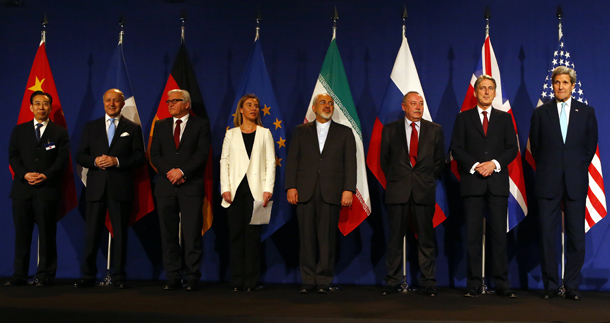GENEVA — UN rights experts pressed senior Chinese officials on Tuesday about persistent allegations that torture is rife in their police stations and prisons, especially of political prisoners, and about deaths in custody.
China said it was working to combat torture but that it had not been eliminated.
The United Nations Committee against Torture’s regular examination of Beijing’s record came after what the group Human Rights in China says has been “a year of massive crackdowns on rights activists and lawyers” on the mainland.
Chinese government officials told the 10 independent experts that their country was working to eliminate torture, including through better training of police and prison guards, and audio and video recordings of interrogations.
“Our efforts have produced major progress in our combat against torture,” Wu Hailong, China’s ambassador who heads its delegation of 39 senior officials, told the UN group, which is also reviewing the records of Hong Kong and Macao.
“Since 2014, public security authorities have comprehensively adopted the audio and video recording system for the entire process of interrogation of criminal suspects for major cases, and will gradually apply this system to all criminal cases,” he said.
Illegally obtained evidence and forced self-incrimination of detainees are banned, Wu said, “thus preventing interrogation through torture.” He conceded that there was “still a long and arduous path ahead before elimination of torture.”
Committee member George Tugushi raised various issues, including the use of “rigid chairs, electric shocks and weightened leg cuffs” on detainees. Sleep deprivation remains lawful and mental torture is not explicitly banned.
“We have received reports that torture is particularly pervasive in black jails,” Tugushi said, referring to facilities outside the official prison system.
Deaths in Custody
“Please explain the deaths that have occurred in Chinese detention facilities because people were unable to obtain [medical] treatment on time, based on a number of reports the committee has received,” Tugushi said.
Other committee members suggested China establish an independent monitoring body to investigate torture and questioned the treatment of lesbian, gay, bisexual and transgender people in prison clinics, including alleged electric shocks.
Amnesty International said last week that China’s criminal justice system relies heavily on forced confessions obtained through torture, including beatings and the use of iron restraint chairs. Dissidents and minorities are at highest risk.
Defense lawyers who raise claims of abuse are often threatened “or even detained and tortured themselves,” it said, adding that 12 Chinese lawyers and activists are currently detained on state security charges.
Wu said that China’s 270,000 lawyers played an increasingly vital role in “law-based governance, protection of human rights and combating torture.”
“Lawyers are an indispensable part of China’s rule of law,” he said.

















